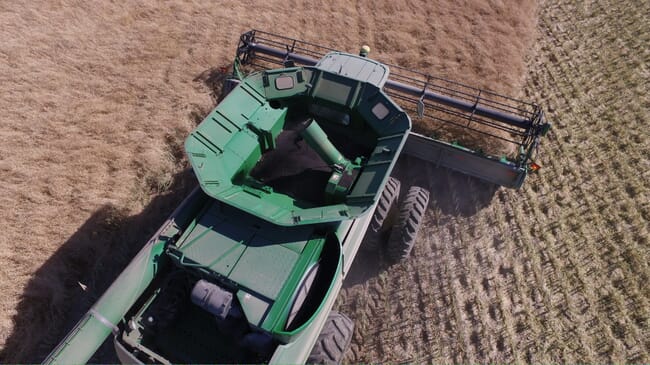Nuseed has commissioned ADM to process the genetically modified canola, which is the first commercially available land-based source of DHA, one the most important long-chain omega-3s for both fish and human development and health.

Developed in collaboration with the Commonwealth Scientific and Industrial Research Organisation (CSIRO) and the Grains Research and Development Corporation (GRDC), the GM canola was approved for use by the USDA in 2018. It is anticipated that one hectare of the canola has the potential to provide the same omega-3 yield as 10 tonnes of wild-caught fish. The first scaled crush of the grain harvested by Montana and North Dakota contract growers is anticipated in the second quarter of 2020.
The end products will be branded either Aquaterra - for the aquafeed sector - or Nutriterra, which is designed for the human health industry.
“This agreement ensures the highest level of stewardship is maintained from production on-farm through to processing into oil for end-use markets,” says Brent Zacharias, Nuseed group executive. “ADM is a global leader in human and animal nutrition and a world leading agricultural and processing company.”
“The ADM crush agreement is important in the development of the Nuseed Value Chain,” says Clint Munro, Nuseed Omega-3 Supply Chain Lead. “Collaboration is critical across this chain, starting with select growers and ADM processing to delivering the quality finished products, Aquaterra and Nutriterra, to Nuseed’s end-use customers.”
“The aquaculture industry, which consumes over 500,000 tons of fish oil per year, is excited about Aquaterra as a sustainable alternative,” says Benita Boettner, Nuseed global omega-3 general manager. “The human nutrition segment is also a high-value market for our DHA-rich oil and we are seeing strong interest in Nutriterra from potential customers. ADM provides the oil processing capabilities and industry-leading standards we’ll need to scale up and serve these new end-use markets.”
Nuseed also recently received independent Excellence Through Stewardship (ETS) certification, an important credential that verifies industry leading stewardship protocols are in place for production of the canola.


